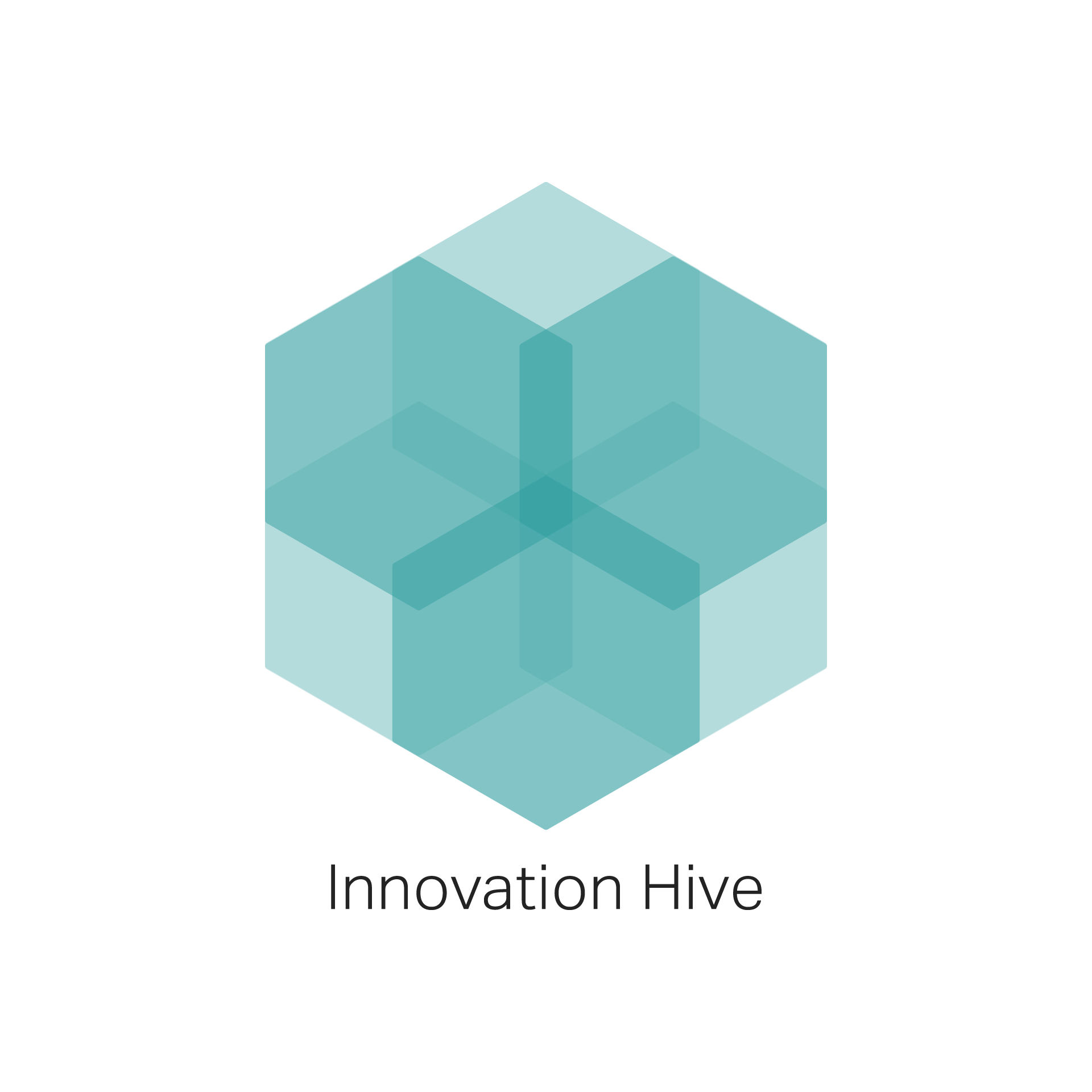Teaching social skills to children with autism can be challenging, but with the use of digital tools and games, the process can be made easier. The utilization of such tools in the education of children with autism has been shown to have many benefits. Research has shown that children with autism often have a preference for technology and can find digital games more engaging than traditional teaching methods. These can be used to track and monitor progress, making it easier for parents and caregivers to see how their child is progressing and to make any necessary adjustments to the TIP approach.
Aligned with the aforementioned the TIPS project partnership is currently developing a training curriculum that aims to provide a thorough explanation of autism and how it relates to the Teaching Interaction Procedure (TIP). The curriculum is designed to help parents of children with autism to better understand the condition and how to effectively teach social skills to their children. One of the key components of the curriculum is the integration of digital games and tools into the educational process for children with autism. By using digital games and tools, the learning experience for children with autism can be made more engaging and interactive.
At the same time, the digital game that is being developed is a version of the classic board game “Snakes and Ladders.” The game has been adapted to incorporate elements of the TIP approach, making it an engaging and interactive tool for teaching social skills to children with autism. The game will be available in both English and Greek languages on the project’s website. The goal is to create a comprehensive collection of digital resources that can be used by parents and caregivers to support their children’s learning and development.
Innovation Hive will contribute to the identification of the necessary skills educators and parents need to teach children with ASD. At the same time will be participating in creating the curriculum for the e-learning platform, assisting with translation, and providing input for final adjustments and feedback. Will conduct research on similar game-based learning platforms and recommended practices, assisting with game design and development, contributing to content creation, translation, pilot testing, and making improvements. Finally, will be assisting in the development of learning scenarios, providing feedback, and assisting in the design of the platform, translation, and testing. In conclusion, for adult educators, professional development in GBL (Game-based Learning) is an effective way to improve their teaching methods, develop skills and competencies for teaching social skills, and access digital resources for teaching these skills. This will help them create their own course materials and integrate them into existing curricula, as well as improve their digital literacy. For parents of children with autism, training in teaching social skills using digital tools and TIP (Teaching Interaction Procedures) will help them communicate better with their children, improve the well-being of the family, and increase their confidence in raising children with autism. For children with autism, the opportunity to acquire new social skills, improve communication and play skills, learn how to act in different situations, and improve their digital skills will improve their social inclusion.



